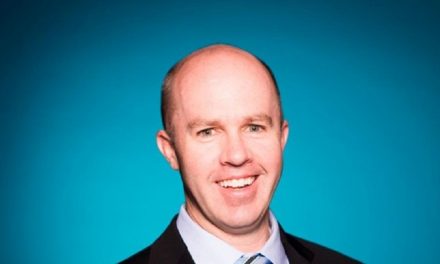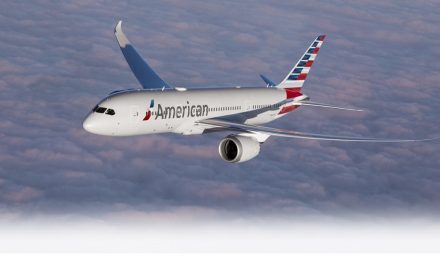
Airline chiefs see large-scale US consolidation
Some of the US airline industry’s most senior executives believe large-scale domestic consolidation will be allowed in the wake of the September 11 attacks, despite regulators’ traditional opposition to such mergers.
Deals between the top six US carriers were “absolutely” possible within a year, Leo Mullin, chairman and chief executive of Delta Air Lines, told an industry conference on Tuesday.
Whereas regulators have previously allowed purchases of failing airlines, such as American Airlines’ acquisition of TWA this year, larger deals such as United Airlines’ bid for US Airways, which was blocked in July, may now also be possible, executives say.
“The most likely combinations, I would think, would be of first tier […] airlines with the next tier,” rather than the big six of the US industry buying the weaker regionals, Mr Mullin said.
Deals were possible between American, United and Delta, the three largest domestic carriers, and “the next level” – Northwest Airlines, Continental Airlines and US Airways – he said.
While it may take months for carriers to evaluate their positions following the terrorist attacks, “my guess is during the coming year we’ll see some action” in terms of consolidation.
Such deals would challenge regulators’ long-established resistance to airline acquisitions, which have typically involved politically-sensitive job and route cuts.
In July, US regulators blocked United’s $4.3bn bid for US Airways, and most executives had assumed until two months ago that large-scale deals would be impossible for at least three to four years.
Don Carty, chairman and chief executive of AMR, the owner of American, told the same conference it was too early to judge how “the politics of consolidation” have changed in Washington since the attacks that severely damaged an already unprofitable industry.
He said: “One of the realities of our industry is that it will be enormously difficult to explain to organised labour and unionised employees why you don’t have enough money to keep employing them and running your airline, but you do have money to go buy another airline.”
Unions successfully called for the resignation of Jim Goodwin, chairman and chief executive of United, last month, reminding executives across the industry of the importance of avoiding labour unrest.
Mr Mullin said mergers and acquisitions were also likely outside the US, where the financial and structural strains on the industry have already prompted the collapse of Sabena and Swissair. “I think consolidation is absolutely going to have to take place in Europe, and it is going to have to be a worldwide phenomenon,” he said.
Such deals would require a change in state thinking about the industry, he added. Governments’ approach to aviation had been “heavily constrained by nationalistic thinking”, he added, “and that can no longer be allowed to prevail when economic factors and market factors are just overwhelming.”
Several industry executives reiterated that it may take until the second half of next year for traffic to begin to recover to pre-September 11 levels. Gordon Bethune, chairman and chief executive of Continental, struck a more optimistic note this week, saying he hoped to be profitable again in the second quarter of 2002.
“The economy drives everything we do,” he said. “Airlines won’t be normal until we have a normal economy.”
Financial Times












